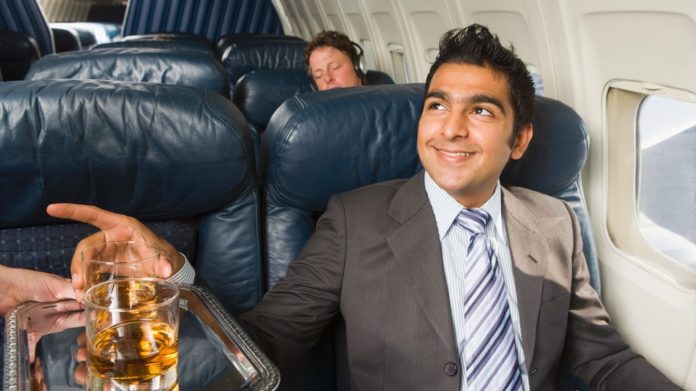The glamorous life of a frequent traveler is a lie, researchers say

Do you dream of quitting your job to travel the world and join the ranks of globetrotting jetsetters who fly through time zones on a regular basis?
Maybe you shouldn’t. At least, that’s the gist of a report by researchers at the University of Surrey in the UK, who argue in a critical review that the glamorous depictions of frequent travelers in advertising and social media are hiding a dark side.
In the report, Stefan Gossling, a professor of tourism research, and Dr. Scott Cohen, the deputy director of research at Surrey’s School of Hospitality and Tourism Management, sought to juxtapose “the darker sides of hypermobility with the mechanisms of its glamorization” in order to “make transparent the one-sided mirror that frames hypermobility as desirable.”
In other words, the researchers are arguing that society makes frequent or even constant travel seem like the ideal, even though the reality of the lifestyle is far from perfect.
“Mobility for business and pleasure is typically glamorized and encouraged in more privileged societies,” they wrote. “Mobility patterns are now vital and consequential venues of competition for social status, agents of social connectedness, and identity formation.”
Meanwhile, the negative effects of travel are plentiful, according to the report.
The problems that travel can cause are physiological, including everything from jet lag to deep vein thrombosis; psychological, because of stress, anxiety and feelings of isolation; and social, since travel can take people away from their family and friend networks.
The researchers argue that the negative consequences need to be addressed because of the proliferation of low-cost travel. Low prices may make hopping on a jet every other week seem appealing, but travelers should know there’s more to roaming the world than a pretty Instagram feed.
Have something to add to this story? Share it in the comments.
